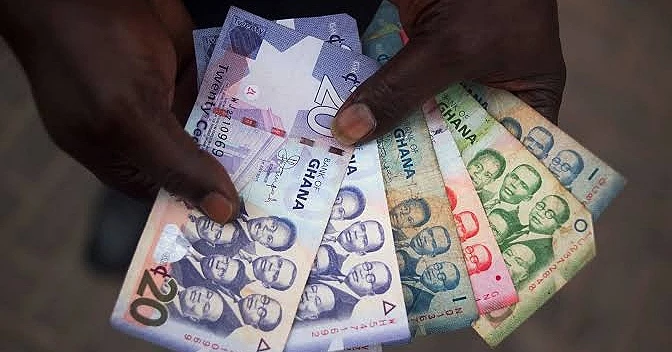GRA Chief Defends GHS 200 Billion Revenue Target as Attainable
The Acting Commissioner-General of the Ghana Revenue Authority (GRA), Anthony Sarpong, has defended the government’s ambitious GHS 200 billion revenue target for 2025, arguing that it is within reach if the right policies are implemented.
Despite skepticism over the feasibility of such a sharp increase in tax receipts, Sarpong maintained that improved compliance measures and enhanced enforcement mechanisms could unlock significant revenue streams.
He pointed to underperforming tax areas, particularly value-added tax (VAT), as opportunities for growth.
“Indeed, it looks insurmountable on the face of it. But I believe that with determination, the right strategies, and teamwork, we will be able to meet this challenge,” Sarpong said. “There are several areas where our tax handles are not performing. The minister mentioned VAT, which contributes about 17% of domestic tax revenue, compared to around 50% in peer economies. If we focus on VAT, we should be able to close some of the gap.”
The government’s revenue target comes as it seeks to boost domestic tax collection to ease fiscal pressures and reduce reliance on external financing.
However, the challenge lies in addressing structural inefficiencies within Ghana’s tax system, where compliance remains a key concern.
The GRA is expected to introduce a raft of measures aimed at improving enforcement, digitization, and broadening the tax base, but the scale of the challenge raises questions about the pace at which such reforms can yield results.







